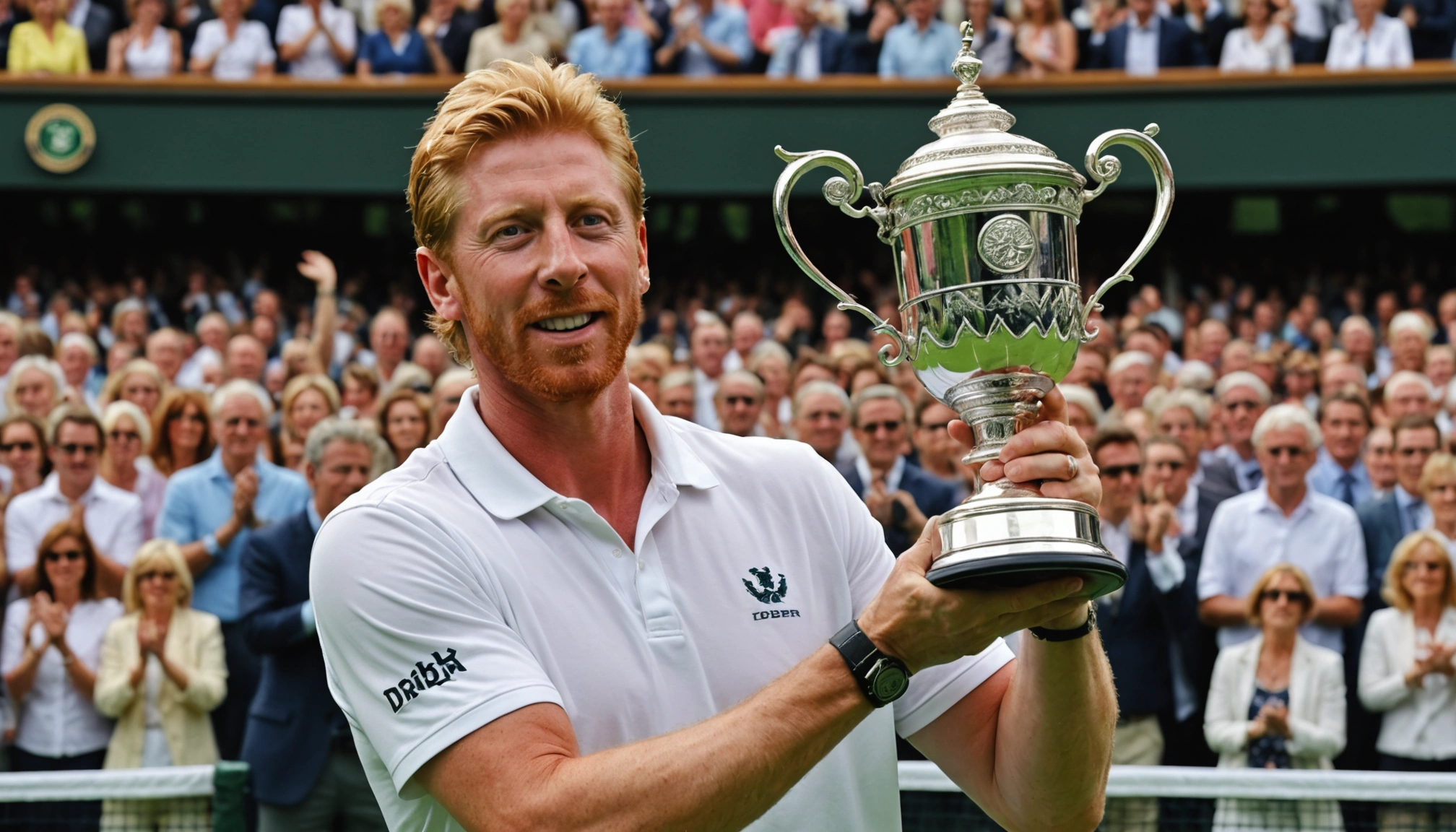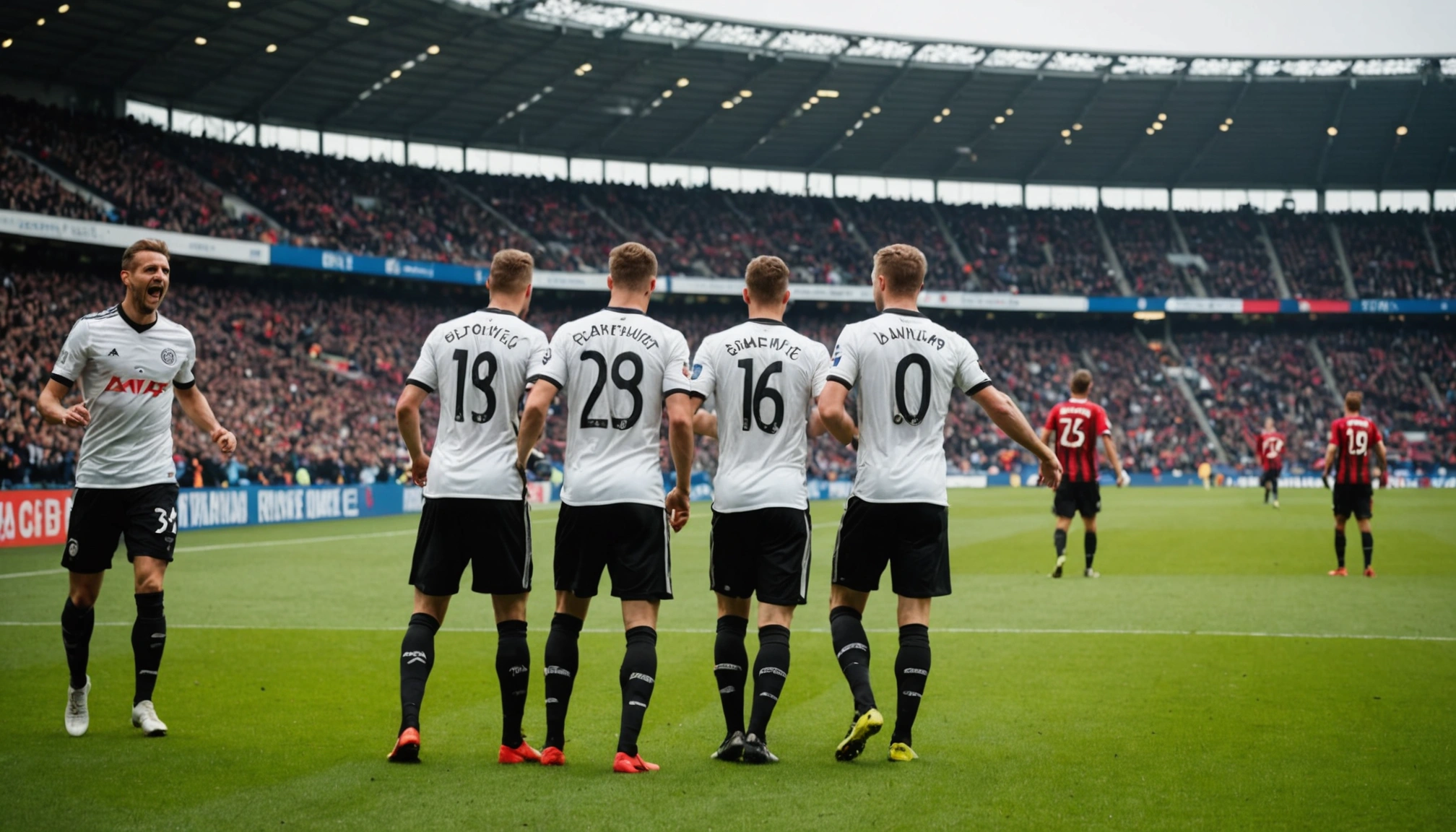Boris Becker Reflects On Wimbledon Triumph And Life Lessons
Boris Becker shares insights on winning Wimbledon at 17, the pressures of fame, and lessons learned from his personal and professional journey.

By Editorial
Boris Becker's historic Wimbledon victory
In 1985, an unseeded 17-year-old Boris Becker stunned the tennis world by winning Wimbledon, becoming the youngest men’s singles champion in the tournament's history. At just 17 years, seven months, and 15 days, Becker defeated Kevin Curren in a gripping final that marked the beginning of a remarkable career. This victory catapulted him into the global spotlight almost overnight, setting expectations that would shape his life both on and off the court.
The pressure of early success and its lasting impact
Becker’s early triumph brought immense pressure, which he now openly admits affected him deeply. In interviews, he reflects that winning Wimbledon at such a young age became both a blessing and a burden. The media frenzy and public scrutiny meant that every move he made was magnified, making it difficult to mature naturally. As Becker put it, “I was still a child,” indicating the challenge of growing up under the weight of global expectations.
This intense spotlight often shadows prodigies across sports. Similar to other wunderkinds who struggle with early fame, Becker's journey highlights the pitfalls of being thrust into the limelight too soon. His story is a cautionary tale about balancing early success with personal development.
Challenges beyond the tennis court
While Becker went on to win five more Grand Slam titles, including two additional Wimbledon championships, his personal life was fraught with difficulties. Financial troubles and turbulent relationships often made headlines, overshadowing his sporting achievements. In 2023, Becker served eight months in a London prison for concealing assets to avoid debt payments, a stark reminder of the complexities athletes can face after retirement.
Such challenges are not unique to Becker. Many retired athletes face similar struggles adapting to life beyond their sports careers. The intense focus on their athletic achievements often leaves little room for planning a stable future. Becker’s experience underscores the importance of financial literacy and emotional support for sports professionals transitioning to their post-playing days.
Life lessons from coaching and personal reflection
After retiring in 1999, Becker reinvented himself as a tennis coach and commentator. Notably, he coached Novak Djokovic between 2013 and 2016, contributing to six of Djokovic’s eventual 24 Grand Slam wins. Becker has described this period as fulfilling, offering a new perspective on the game and his own career.
His time coaching Djokovic also coincided with personal hardships, including his imprisonment. Watching Djokovic win Wimbledon from behind bars was an emotional moment for Becker, highlighting the contrasts between their paths. It also gave him inspiration to rebuild his life and take accountability for past mistakes.
Accountability and moving forward
Becker openly acknowledges that his comfort and wealth contributed to decisions that led to his downfall. “Nobody told me 'no' – everything was possible,” he said, recognising how unchecked privilege can lead to poor choices. His story emphasises the need for accountability and the ability to learn from errors.
Rather than dwelling on the past, Becker focuses on shaping his future, a valuable mindset for anyone facing adversity. His journey serves as a powerful lesson on resilience, responsibility, and the importance of mental health in elite sports.
The broader impact on athlete wellbeing and support
Becker’s story sheds light on the wider issue of athlete wellbeing, particularly for young talents thrust into global stardom. Sports organisations and governing bodies increasingly recognise the need to provide comprehensive support systems encompassing financial advice, psychological counselling, and career planning.
For example, UK-based initiatives now offer mentoring and educational programmes to help young athletes manage fame and prepare for life after sports. These efforts aim to prevent the kind of pitfalls Becker experienced.
If you are interested in current sports news and athlete stories, check out our latest coverage on Premier League top scorers who is leading the charts in 2024 or explore inspiring comebacks like Jofra Archer’s remarkable comeback.
Conclusion: Reflecting on legacy and future aspirations
Boris Becker’s Wimbledon victory remains a defining moment in tennis history, but his reflections reveal the complex reality behind early fame. His journey offers valuable insights into the pressures faced by young athletes, the importance of support systems, and the power of personal growth.
Becker’s willingness to share his experiences candidly helps destigmatise struggles faced by sports stars and encourages a more compassionate understanding of their lives beyond the headlines.
For readers keen to get in touch or learn more about sports stories, you can visit our Contact page anytime.
Related topics
Editorial
Sports expert at SportsScoop
Specialist in sports analysis and journalism
Related articles
Want to read more?
Explore our comprehensive collection of sports articles and analysis, or contact us for more information.



